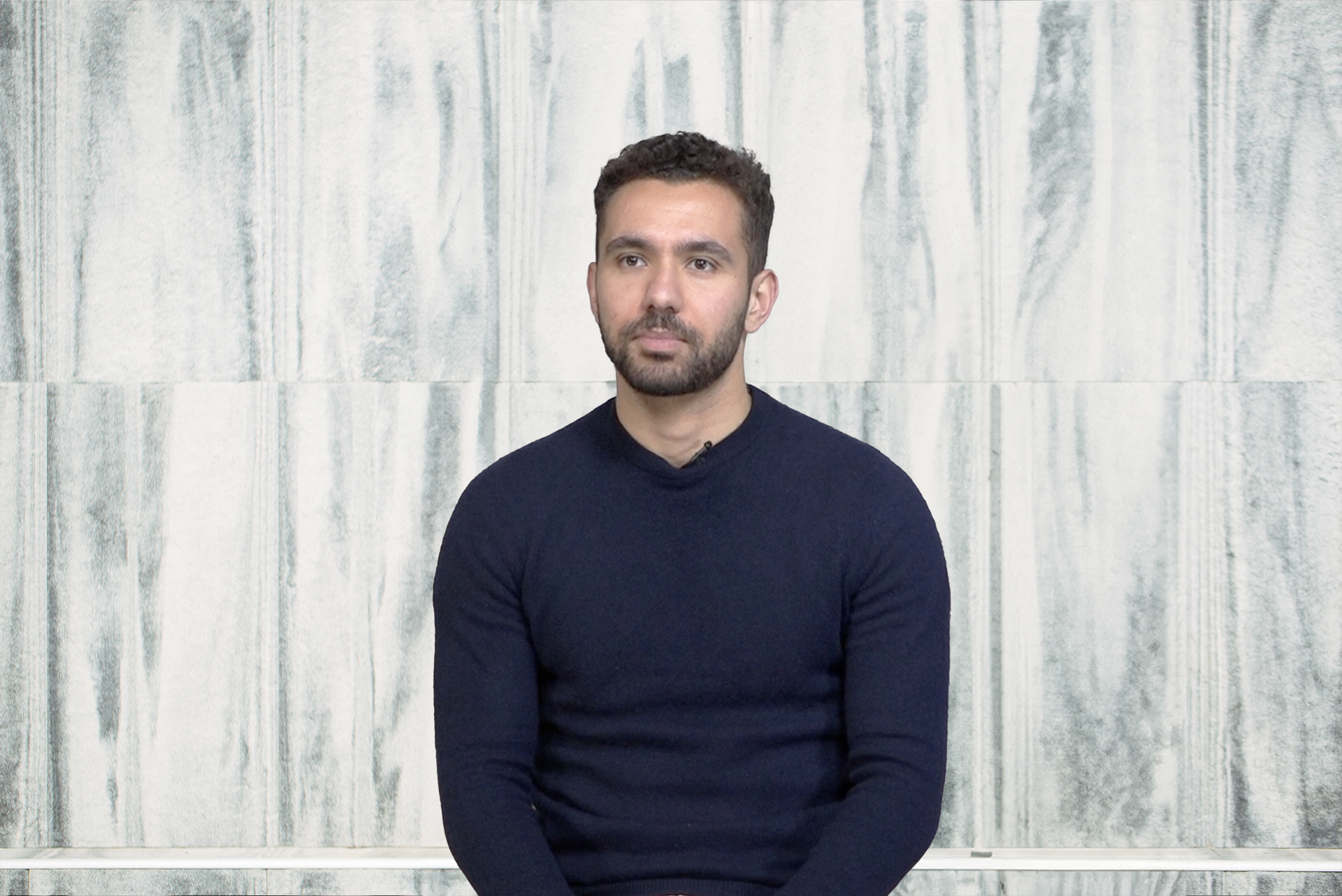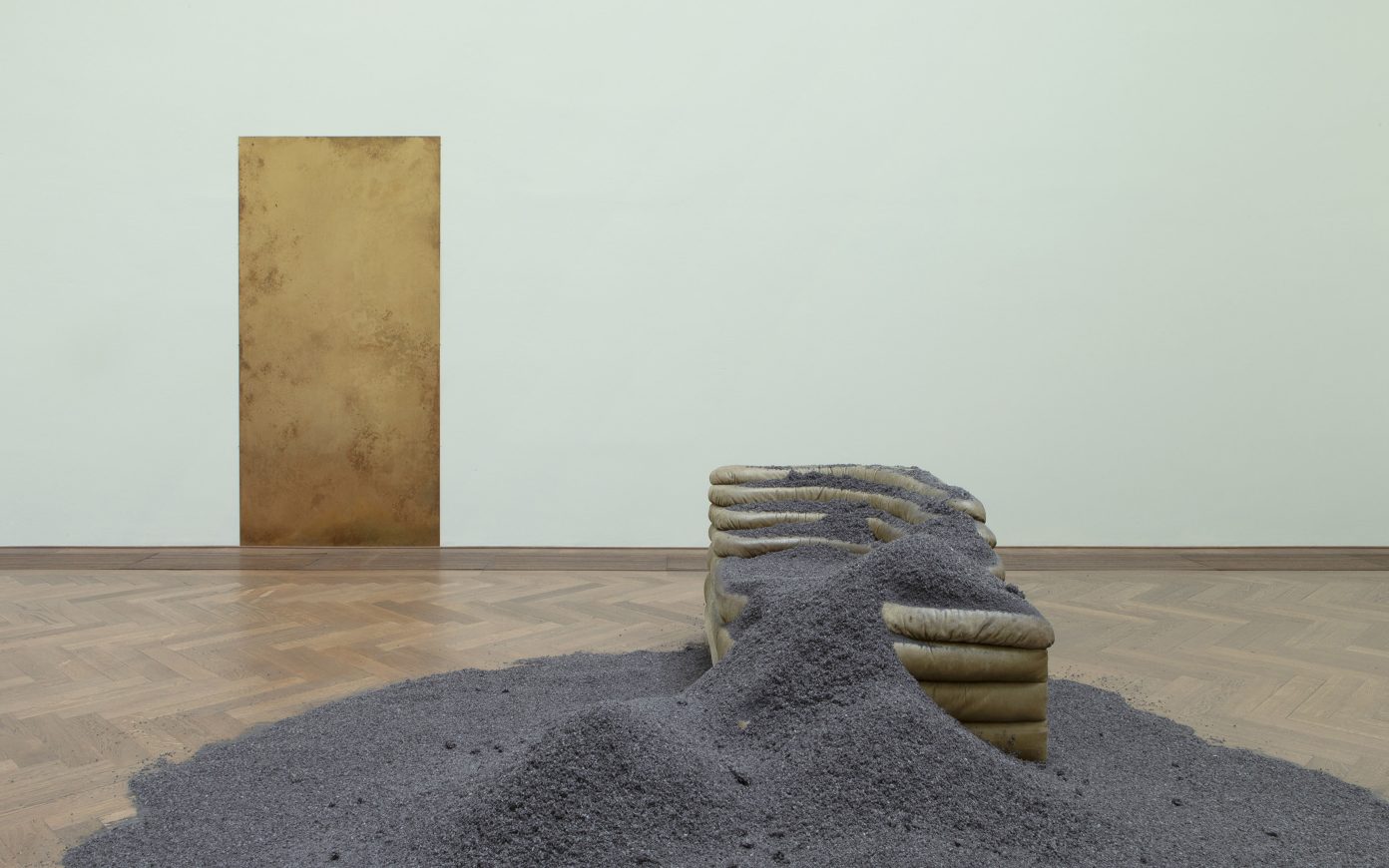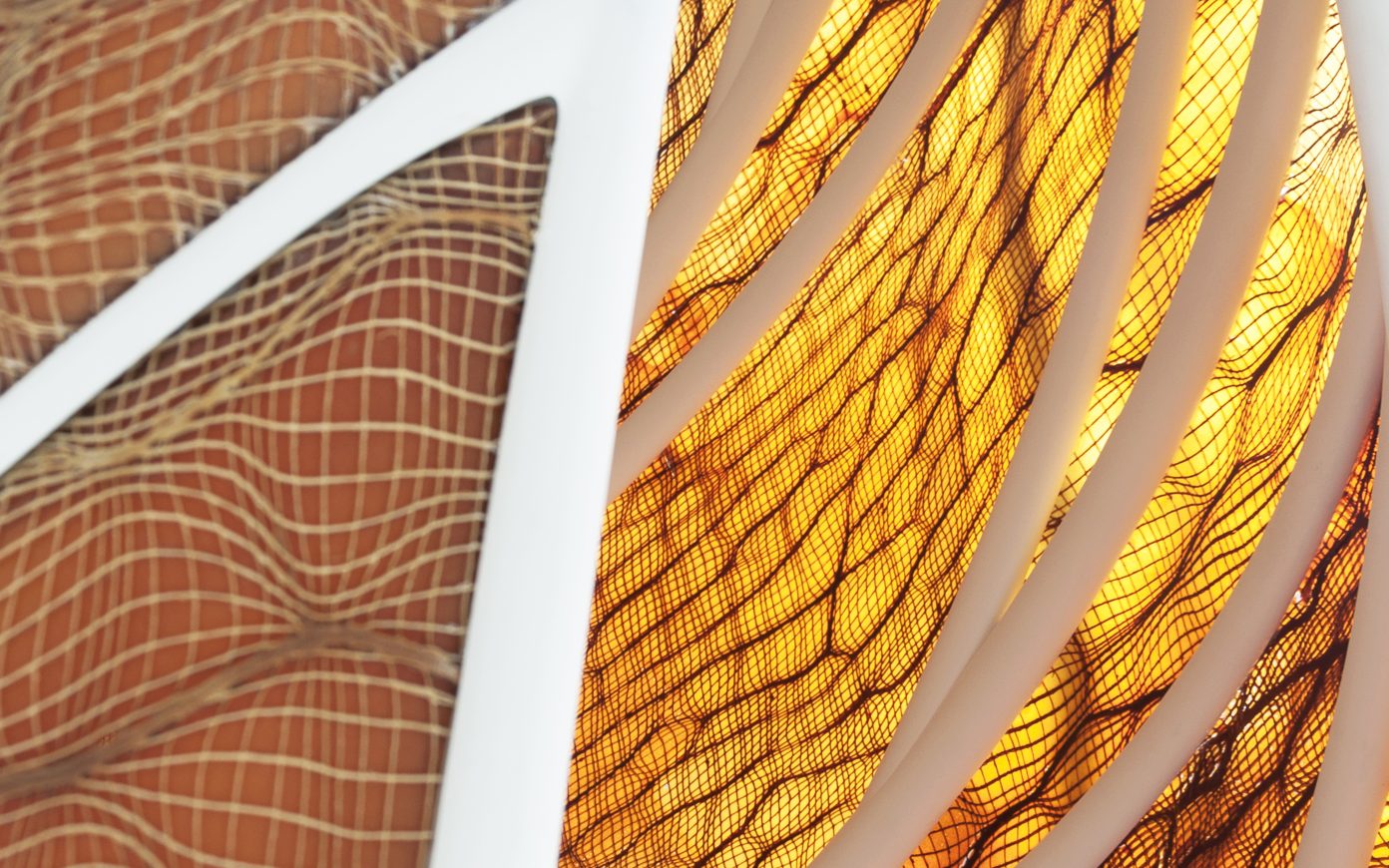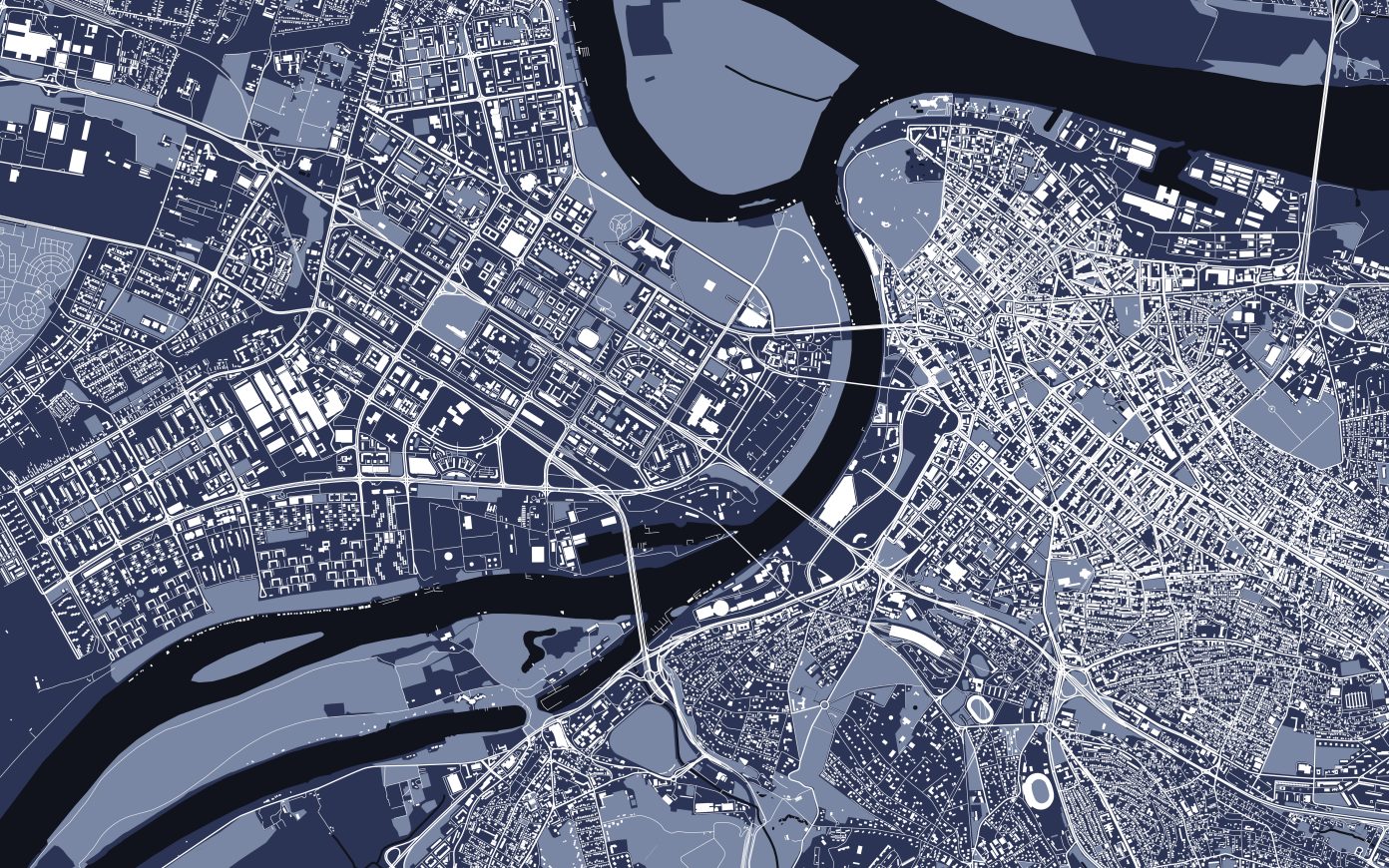Inclusive Intelligence
Artists are contemporaries of the transformations of their time and find themselves immersed in the biosphere, in a gesture of rupture from the dualisms of Western thought. Nicolas Bourriaud views this as stemming from “inclusive thought.” Far removed from the representations of human beings as positioned at the center of their “environment,” like figures against a background, inclusive art expresses a realization of our entanglement within all living milieux. Moving beyond the “formulas of subjugation” generated by binary thought and epitomized since Aristotle by the divide between matter and form, active and passive, and nature and culture, contemporary artists cooperate with the living and compose networks of relations.




